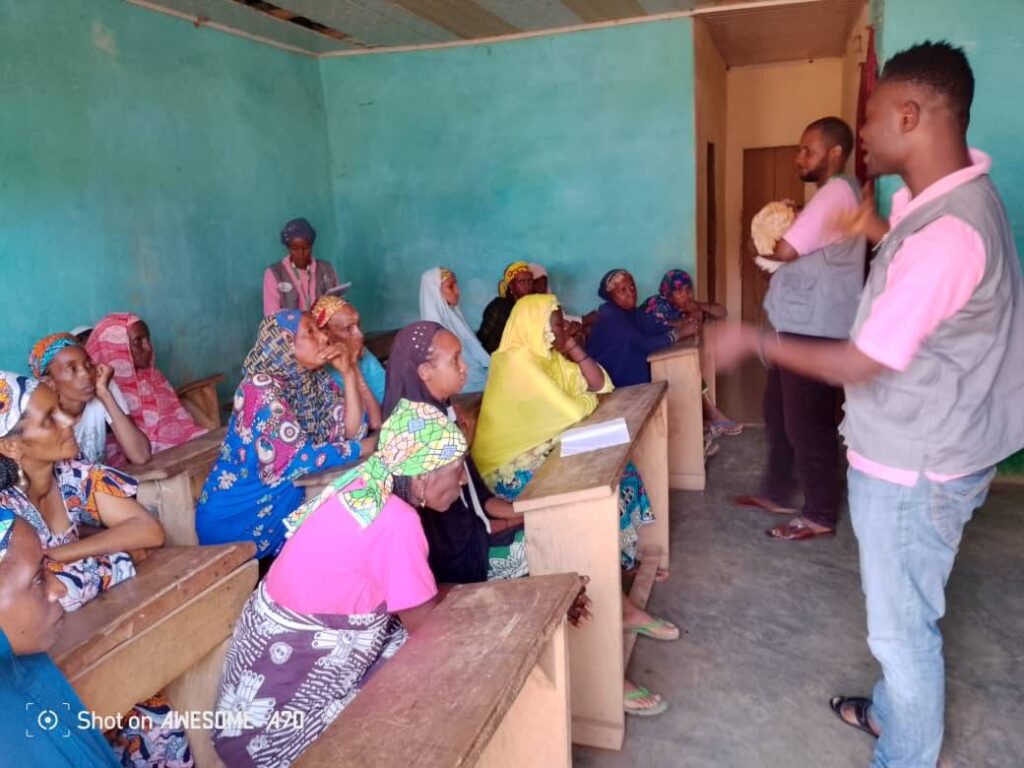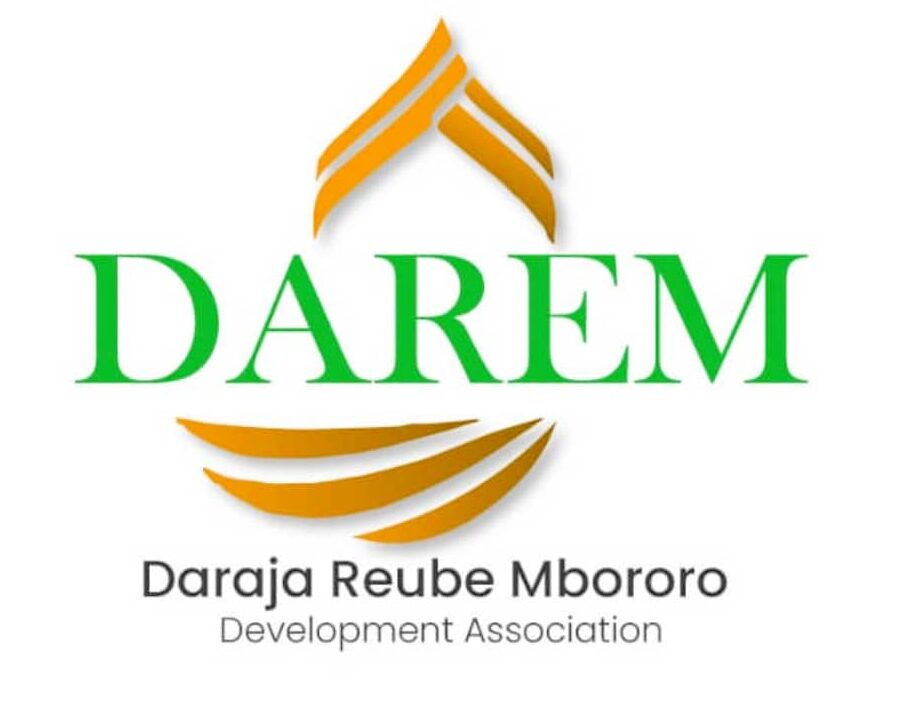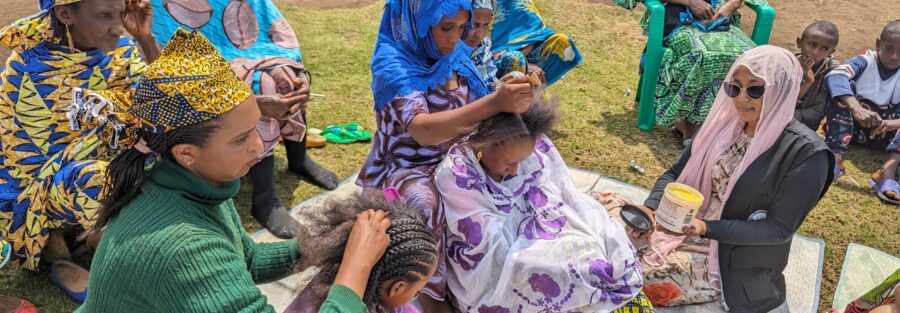The Mbororo people are a subgroup of Fulani ethnic group, where they have a rich cultural heritage deeply rooted in pastoralism and traditional beliefs. Hence, in the south West region of Cameroon, the Mbororo community maintains a distinct way of life, with unique practices surrounding sexual and reproductive health (SRHR). Therefore understanding these practices is crucial for addressing health disparities and integrating culturally sensitive health interventions.
Traditional Beliefs and Practices
- Marriage and Sexual Relations when it comes to early marriages:
- Among the Mbororo, marriage often occur at a young age. These marriages are traditionally viewed as a mean of preserving chastity and ensuring the continuation of family lineage. This practice poses significant challenges on sexual and reproductive health of young girls, including increased risks of complications during childbirth and limited access to education.
- Pregnancy and childbirth:
- Traditional birth attendants play a vital role in the Mbororo communities in that, it provides essential support during pregnancy and childbirth. Their knowledge is passed down through generations, and they use a variety of herbal remedies and rational practices to assist in labour and delivery. However, reliance on traditional birth attendance can sometimes delay access to modern medical facilities, increasing risks during complicated births.
- Traditional Contraception methods:
- Some Mbororo women use traditional herbs and methods to space births, though these methods are not always reliable. Integrating traditional knowledge with modern family planning services could improve SRH outcomes.
- Challenges and Barriers
- Limited access to health services: Geographical isolation and nomadic lifestyle limit the mbororo’s access to health clinics and outreach programs are essential to reach these remote communities.
- Cultural Taboos and Stigma: discussions around SRH are often taboo, making it challenging to disseminate crucial information. Also, community-based approaches that involves local leaders and respect cultural sensitivities can help outcome these barriers
- Educational Barriers: low literacy levels, particularly among women, hinder the dissemination of SRH information. Thus educational initiatives tailored to the mbororo’s context, using oral traditions and visual aids, can enhance understanding and acceptance.

Moving Forward
To improve the SRH of the Mbororo in the south west region of Cameroon, it is essential to adapt a culturally sensitive approach that respects their traditions while promoting health. Key strategies include:
- Community engagement: involving community leaders, traditional healers, and traditional birth attendants in health education and intervention programs ensures cultural acceptance and sustainability.
- Integrative health services: by combining traditional practices with Morden health care can provide comprehensive and acceptable SRH services.
- Education and empowerment: organizing programs that focus on educating both men and women about sexual and reproductive health, using culturally relevant methods, can empower the community to make informed health decisions.

Quotes
‘Community engagement and culturally sensitive education are crucial in bridging the gap between traditional beliefs and modern SRH services for the Mbororo in Cameroon.’
‘To effectively improve the SRH of Mbororo people, it is essential to integrate their rich cultural practices with modern health care, ensuring respect for traditions while promoting well-being.’
Conclusion
By acknowledging and respecting the Mbororo’s traditional practices and beliefs, health interventions can be more effective and sustainable, ultimately improving the sexual and reproductive health outcome for this unique community.






2 Comments
Hamza
So great an Initiative… Congratulations
DAREM
Thank you